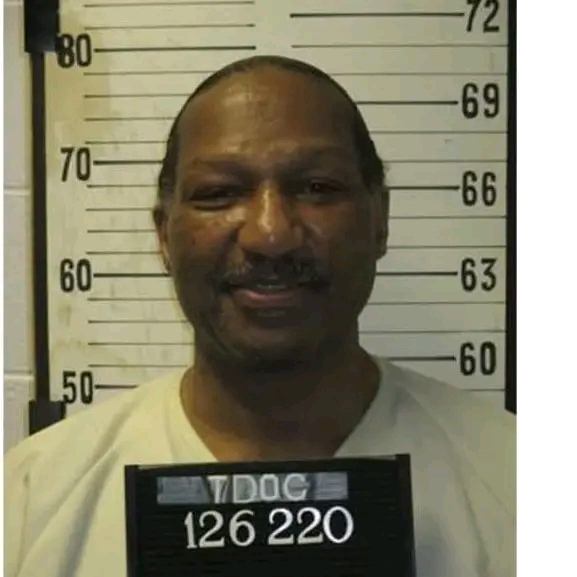Jennifer Vasquez Sura, the wife of Kilmar Abrego Garcia, has been forced into hiding after the U.S. Department of Homeland Security (DHS) published her personal information online. Her husband, who was deported to El Salvador by mistake during Donald Trump’s presidency, remains incarcerated abroad. The latest development in their ordeal came when DHS posted a civil protective order Vasquez Sura once filed against her husband, but failed to redact her home address before sharing it on social media. As a result, Vasquez Sura and her children had to relocate to a safe house, fearing for their safety after the post spread widely.
In an interview, Vasquez Sura expressed alarm and distress over the federal government’s decision to make her address public. “I don’t feel safe when the government posts my address,” she said, pointing out the danger of revealing private information in a case that has garnered intense public scrutiny. The protective order cited in the DHS post was issued in 2021 and only lasted one month. Vasquez Sura explained that she had filed it temporarily during a tense moment, rooted in her previous experiences with domestic violence in other relationships. She emphasized that it was a precautionary measure and not a reflection of her husband’s character.
Vasquez Sura has remained vocal in support of her husband despite DHS’s portrayal of him. She strongly condemned the agency’s use of the expired order to justify his deportation. “No marriage is perfect,” she said, asserting that Abrego Garcia had been a caring partner and father. She criticized Immigration and Customs Enforcement (ICE) for what she described as an unjust abduction and deportation, especially since her husband was previously protected from removal. Her advocacy reflects a deep sense of injustice and commitment to securing his return and clearing his name.
Legal experts and human rights advocates have raised serious concerns about the handling of Abrego Garcia’s case. Although the Trump administration acknowledged the deportation was an error, they’ve yet to take meaningful action to reverse it. Instead, they’ve attempted to rationalize his continued detention in El Salvador by associating him with gang activity — claims that lack credible evidence. Critics have noted that the administration has leaned on superficial details, like tattoos and clothing, to paint a narrative rather than providing substantive proof of wrongdoing. This strategy has sparked outrage among those who argue that due process has been entirely disregarded.
The broader implications of Abrego Garcia’s case are worrying to civil liberties organizations and legal observers. It underscores how quickly public institutions can weaponize incomplete or irrelevant personal histories, not only to discredit individuals but also to intimidate families. For many, this episode reveals a disturbing precedent where legal safeguards are bypassed in favor of political expediency. While Vasquez Sura continues to push for justice, her family’s ordeal highlights the real human cost of bureaucratic overreach and the pressing need for transparency, accountability, and reform within immigration enforcement practices.



